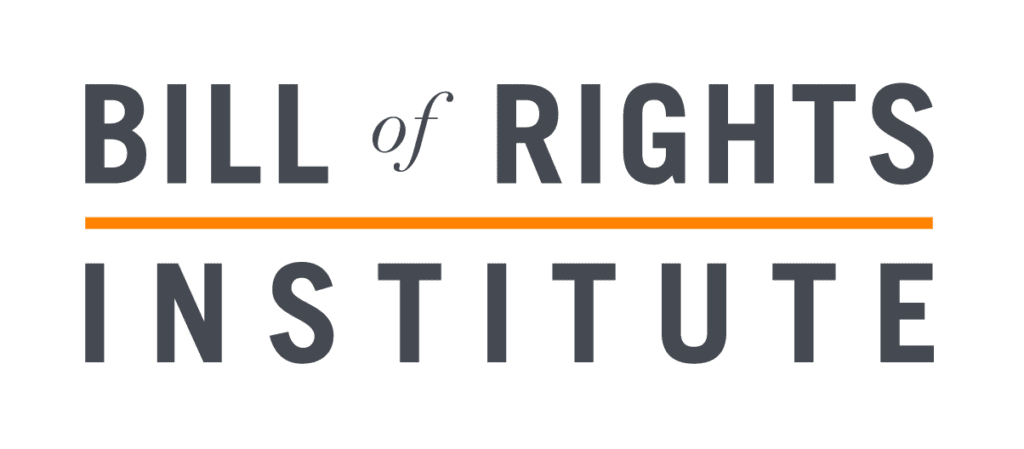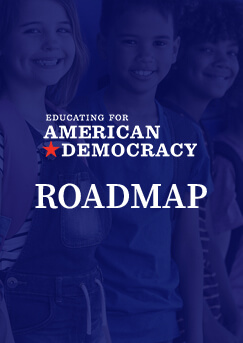The curated resources linked below are an initial sample of the resources coming from a collaborative and rigorous review process with the EAD Content Curation Task Force.
 Reset All
Reset All
Students explore the democratic ideals and practices of the ancient Greeks and search for evidence of them in the U.S. Constitution.

The Roadmap



iCivics, Inc.


This case pack includes a case summary, three primary source analysis activities, and an essential question for Dred Scott v. Sandford.

The Roadmap




Street Law Inc.


This lesson examines the rule of law and due process and how belief in these principles is expressed in the Constitution.

The Roadmap



Bill of Rights Institute

Students will build foundational knowledge learning the primary responsibilities of the president and how those duties connect to the powers the Constitution grants to the Executive Branch.

The Roadmap



iCivics, Inc.


The ten lessons in this unit explore themes of identity and community while helping students and teachers build a productive, safe learning environment. They are especially appropriate for use in middle school classrooms of any subject at the beginning of the school year.

The Roadmap




Facing History and Ourselves


This unit of mini lessons examines the people, ideas, and events that influenced the development of American government.

The Roadmap




iCivics, Inc.


Through a word association activity and an examination of a TED talk, students explore the ways labels and stereotypes are used to create a 'single story' about people and places. Students reflect on, and share, the impact labels and stereotypes have had on their own lives. They identify strategies they can use to counteract the negative impact of stereotypes.

The Roadmap




High Resolves


This lesson engages students in a study of the Constitution to learn the significance of "Six Big Ideas" contained within. Students analyze the text of the Constitution in a variety of ways, examine primary sources to identify their relationship to the Constitution's central ideas, and debate the core constitutional principles as they relate to today's political issues.

The Roadmap


National Archives Center for Legislative Archives


Students will visualize democracy from the colonial era to the 21st century by analyzing portraits of major figures who played a critical role—as government officials, engaged citizens, or both—in creating a democratic society for the United States. Students will investigate how portraiture can convey democratic ideals and how, as a cultural institution housed in a historic building, the National Portrait Gallery has been and continues to be relevant to American democracy.

The Roadmap


Smithsonian's National Portrait Gallery


Students will build foundational knowledge learning about the different forms of government that exist, including democracy, autocracy, oligarchy, and others. They compare and contrast these forms, and they look at real-life examples in the world today.

The Roadmap



iCivics, Inc.





